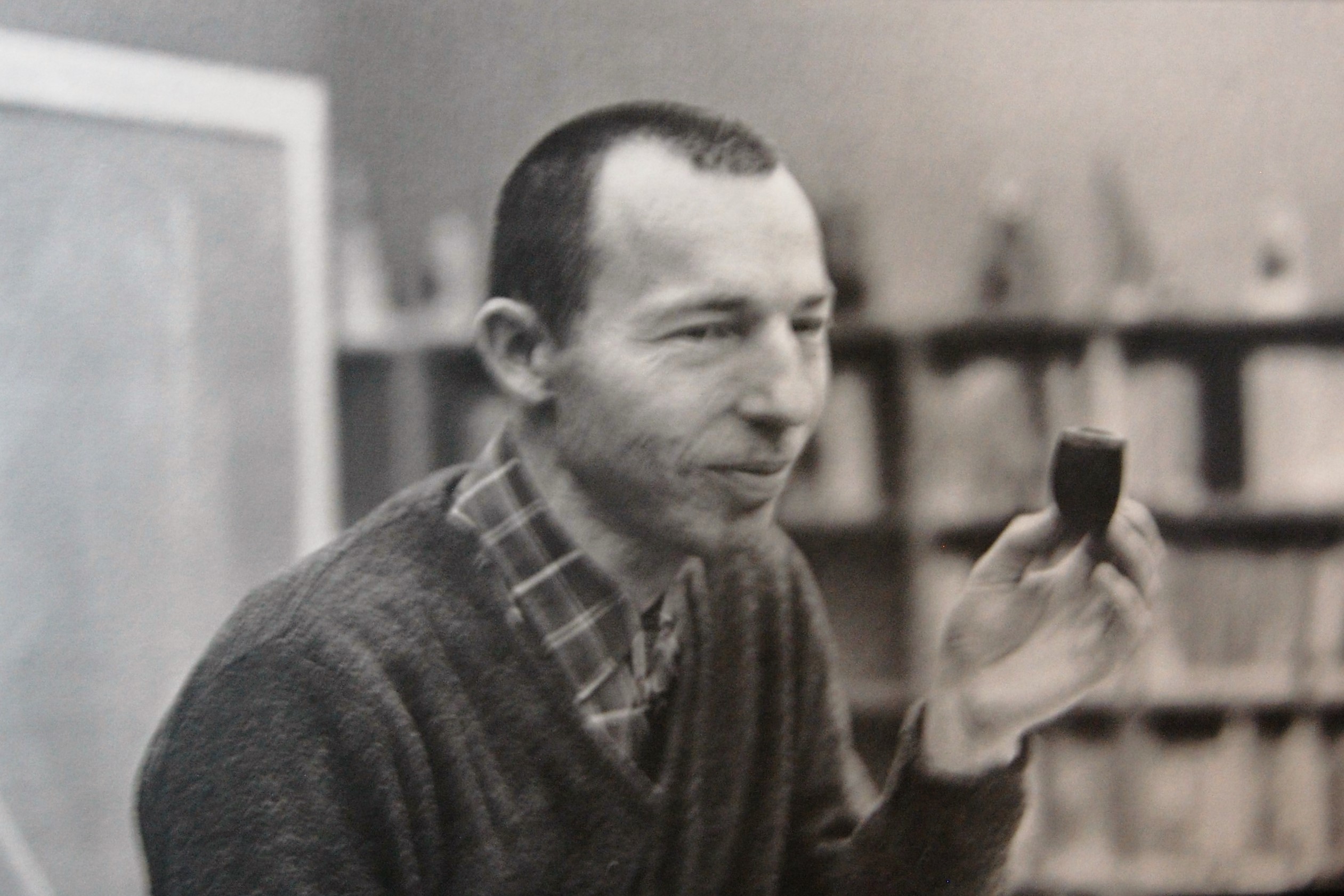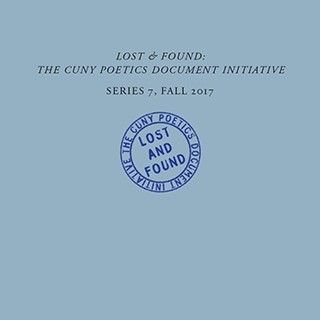Jack Forbes: “Yanga Ya,” Selected Poems & The Goals of Education (Parts I & II)
Jack Forbes: “Yanga Ya,” Selected Poems & The Goals of Education (Parts I & II)
$15.00

Editor: William Camponovo
Part I: 58 pp, soft-bound, saddle-stitched
Part II: 63 pp, soft-bound, saddle-stitched
Facsimile Insert: “What is Time?”: soft-bound, saddle-stitched
Known for groundbreaking works such as Africans and Native Americans, Columbus and Other Cannibals, and The American Discovery of Europe—as well as his essential contribution to the institutional realization of Native American and Indigenous Studies—this project aims to present the work of Dr. Jack Forbes to new audiences. The extraordinary and little known autobiographical poems gathered in El-Lay Riots explore the intersection of race, ethnicity, class, and status in Los Angeles during its population boom in the 1930s and 40s. Yet, written in the early 1990s, the poetry also illuminates political and social uprisings in Los Angeles that would ripple outward nationally. Similarly, “What Is Time?” uses the poetic form to address themes that Forbes dwelt on throughout his life, as a poet, scholar, activist, educator, and thinker. Drawing on a range of representative materials from his enormous archive—poetry, position papers, institutional proposals (including his involvement in the creation of D-Q University, as well as in the development of Native American Studies at the University of California, Davis, a model that would be emulated elsewhere), “Yanga Ya” embraces the radical and transformative artistic and intellectual vision of Dr. Jack Forbes.
Author Biography:
Of Powhatan-Renapé, Delaware-Lenápe, as well as non-Indian (Swiss and Celtic) heritage, Dr. Jack Forbes was born in 1934 in Long Beach, California. An activist, anthropologist, historian, poet, and educator, Forbes played an essential role in the reform and formation of Native American studies and education over the course of more than half a century. After co-founding the American Indian College Committee in 1961, Forbes dedicated his life to advancing, developing, and sustaining educational models based on indigenous historical and conceptual perspectives that would truly serve Native American and Chicano students. His tireless advocacy and pedagogy were key to shaping both D-Q University and the formation of a Native American Studies Department at UC Davis. Widely known as an historian, Forbes wrote poetry for decades that spoke to the social and cultural positions of indigenous populations, especially in his home state of California.
Editor

William Camponovo
Lost & Found Archival Research Fellow
Selected Archives:
- University of California Davis Library Special Collections Department (100 NW Quad Davis, CA 9516-5292).
